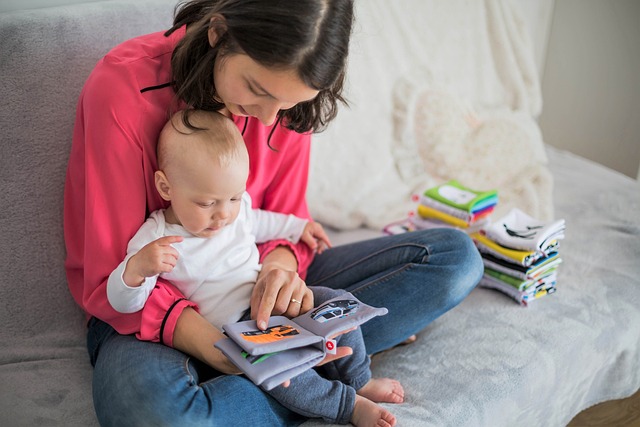
What Is Articulation Therapy? A Simple Roadmap for Parents
If your child is having trouble saying certain sounds, you might have heard the term articulation therapy. But what does that really mean? What can you expect from the process? Here’s a simple breakdown to help you understand the basic steps of articulation therapy. 1. Assessment It all starts with an evaluation. A speech-language pathologist (SLP) listens to how your child says individual sounds and words to identify which sounds are delayed or in error, and whether those patterns are age-appropriate or need support. 2. Sound Selection Once the SLP knows which sounds your child struggles with, they’ll decide which to target first. 3. Sound in Isolation Therapy begins at the simplest level—just the sound by itself (like “s”). The











